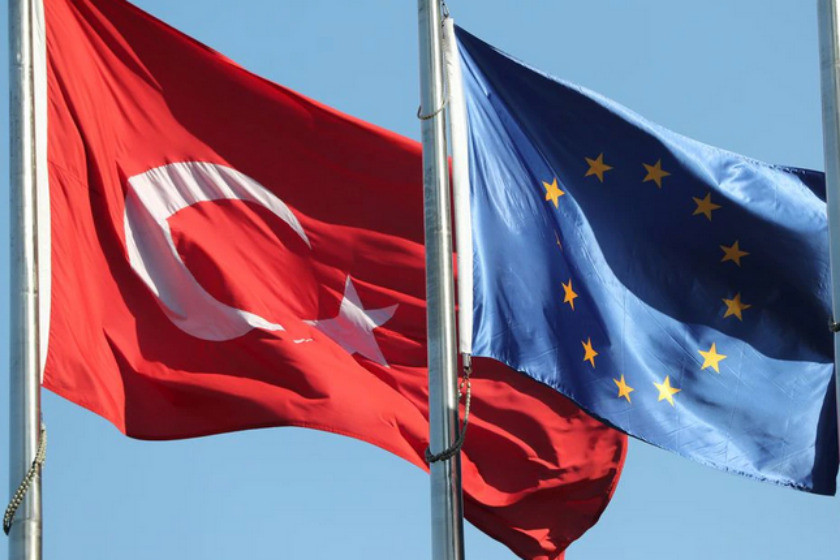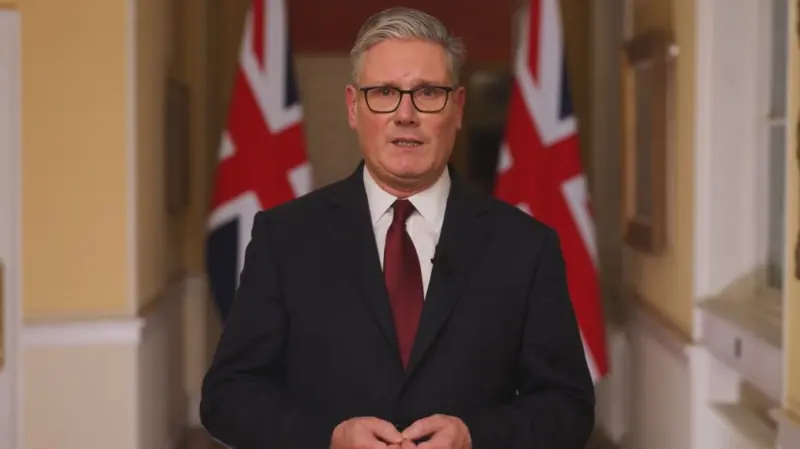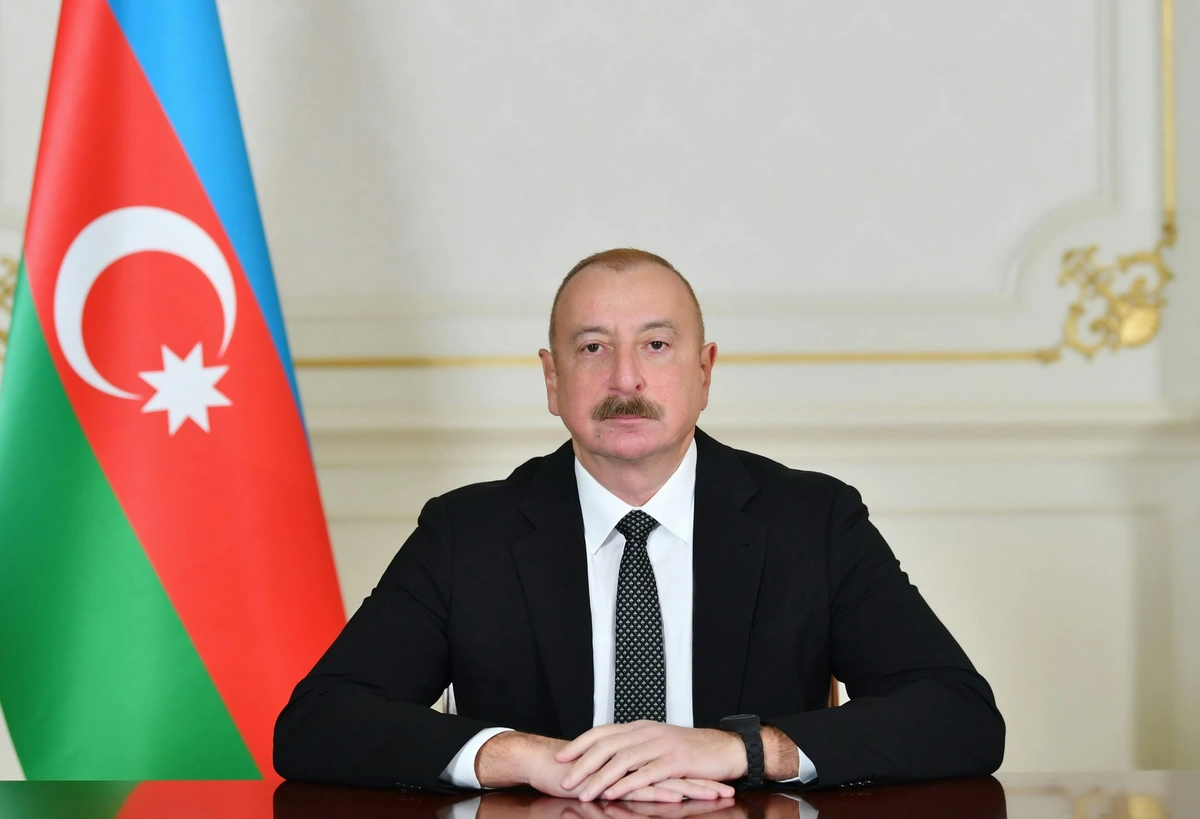The Council of Europe's Committee of Ministers has taken a further step to launching sanctions against Turkey for not releasing philanthropist Osman Kavala. It has asked the ECHR to reexamine the case.
"It is regrettable that the Turkish authorities have refused to execute the respective ECHR's ruling. Such an attitude sets a worrying precedent and further increases the EU's concerns regarding Turkish judiciary's adherence to international and European standards," said Peter Stano, EU spokesperson for foreign affairs and security policy.
In December 2019, the European Court of Human Rights (ECHR) ordered the immediate release of Osman Kavala, a leading figure in Turkish civil society. But that fell on deaf ears. The ECHR had ruled that Kavala's rights were violated by the Turkish state. Osman Kavala has been jailed for over four years without a conviction and remains in Istanbul's Silivri Prison.
"I hope that the evaluation of the European Court of Human Rights will contribute to the protection of legal norms regarding human rights in our country," Kavala said in a statement after the latest development.
Turkey's Foreign Affairs Ministry accused the Council of Europe of interfering in the independence of the judicial proceedings and violating the principle of respect for judicial proceedings with a "biased" and "selective" approach.
"It is evident that this prejudiced and politically motivated decision, which disregards the domestic proceedings, damages the credibility of the European human rights system," the ministry said in an official statement.
In a written statement after the Council of Europe's decision, Kavala's attorneys said that prolonging the detention as a punishment was an unlawful exercise of public authority and that his detention was a disgrace to the Turkish judiciary.
"The content and form of the judicial practices after the decision of acquittal issued in the Gezi trial do not only constitute a failure to execute the judgment of the ECHR, but also represent a series of violations that could not be ignored even if this judgment had not been issued," they said.








